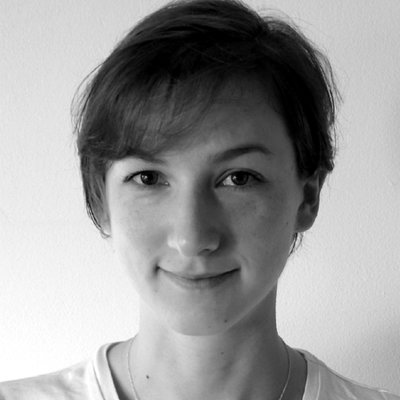ABOVE: Knocking out higher brain functions seems to help people recognize where words start and end—at least on a subconscious level. © iStock.com, Prostock-Studio
EDITOR’S CHOICE IN NEUROSCIENCE
Psychologists define two types of memory: declarative, covering content that people can explicitly recall; and nondeclarative, encompassing skills, habits, and procedures that are implicitly known but hard to articulate. Nondeclarative memory develops earlier and is thought to be critical for language acquisition in children—and some scientists have suggested that adults’ greater reliance on declarative memory could inhibit implicit learning.
Ghent University experimental psychologist Eleonore Smalle and colleagues tested this idea by having adults listen to a made-up language, in which the only way for the brain to distinguish individual words was through how frequently particular syllables appeared together—a type of pattern extraction known as statistical learning. For some participants, researchers disrupted parts of their brain involved in higher cognitive functions beforehand, either by having them complete mentally demanding tasks on a computer or by zapping them with transcranial magnetic stimulation. Afterward, participants had to say if they recalled individual words and indicate their confidence each time.
Focusing on unconfident answers, which Smalle says represent implicitly learned information, the team found that cognitive disruption was associated with an improved ability to distinguish words. Penn State University’s Elisabeth Karuza, who was not involved in the work, calls the study “a really compelling demonstration that if you soak up cognitive control resources in young adults, you can induce a more child-like learning state” that improved participants’ sensitivity to statistical patterns in a spoken language. She adds that experimental psychologists could do more to pick apart differences between implicit and explicit learning.
Smalle says that while the study only addresses word segmentation and not grammar or other parts of language acquisition, the findings suggest ways to enhance learning abilities. “For instance, while doing the dishes, listen to a podcast in another language—just to appeal to your unconscious brain as much as possible.”
E.H.M. Smalle et al., “Unlocking adults’ implicit statistical learning by cognitive depletion,” PNAS, 119:e2026011119, 2022.
Membership Open House!
Enjoy OPEN access to Premium Content for a limited timeInterested in exclusive access to more premium content?




